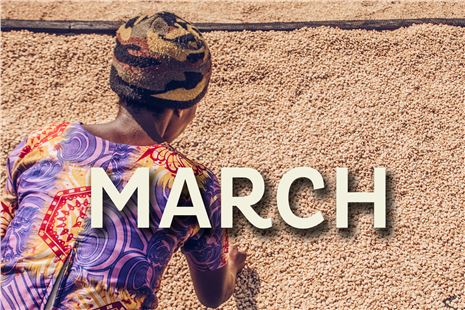THE BENNETTS MONTHLY MARCH '22

All things Bennetts and Coffee ...
|
Loading the content... Loading depends on your connection speed!

Featuring the latest news on the coffee industry and business insight from senior members of the Bennetts team.
Bennetts > Blog

All things Bennetts and Coffee ...
|

